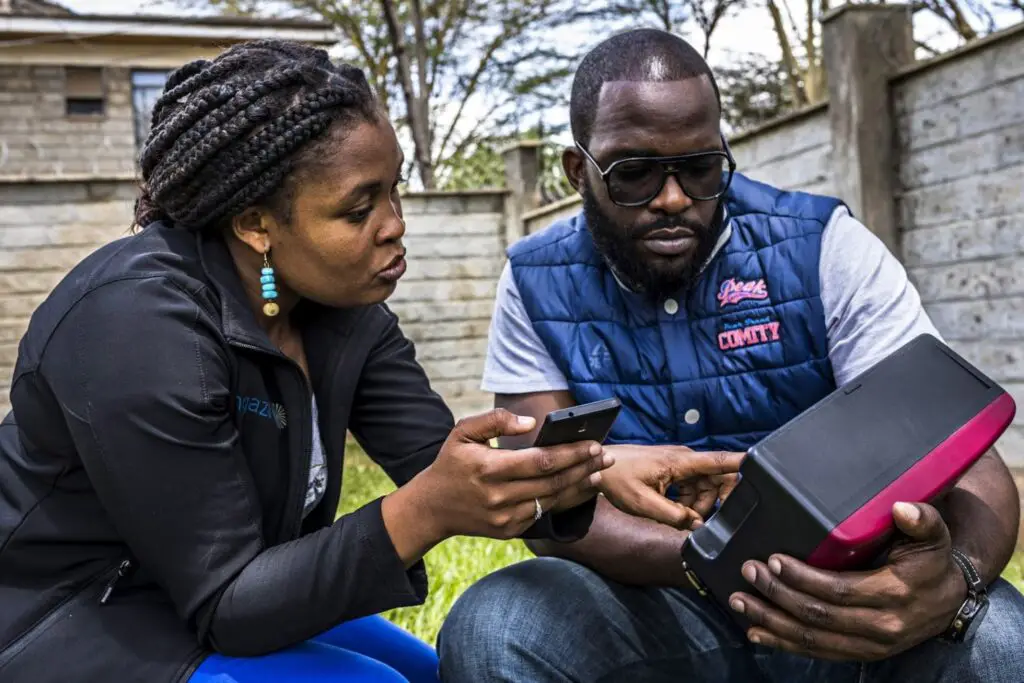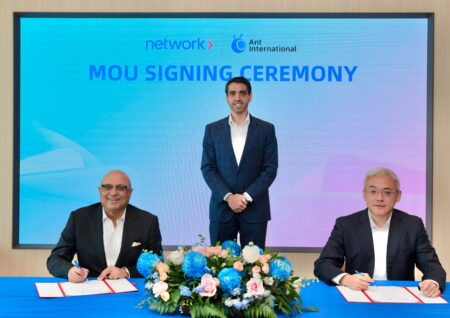- Pay-as-you-go (PAYGo) financing has in the past been used to help more low-income consumers in emerging markets access essential services
- With the financing model, consumers who cannot afford to pay for a product upfront can choose to pay a distributor in partial, affordable instalments over an agreed period
A new report shows that demand for Pay-As-You-Go financing for products in East African will skyrocket in 2022 as more consumers opt for alternative payment solutions instead of cash first payment.
According to the latest data by Angaza, a provider of sales and customer management technology for last-mile distributors, most consumers are unable to pay for sophisticated products like smartphones and TVs, despite an increase in their demand.
Angaza Customer Success Director Peter Thuo said the Pay-As-You-Go model shows excellent potential to help consumers in emerging markets access products they previously could not afford through flexible payment terms.
“Pay-as-you-go (PAYGo) financing has in the past been used to help more low-income consumers in emerging markets access basic services. We are now seeing a paradigm shift as more middle-income earners are seeking this financing model in a bid to access more sophisticated durable products like smartphones, TVs and fridges that they cannot pay for upfront,” he said.
He added that the model also supports distribution businesses in selling products to reflect their consumers’ unique needs.
With the financing model, consumers who cannot afford to pay for a product upfront can choose to pay a distributor in partial, affordable instalments over an agreed period. These partial payments are either made until the product is paid off and the consumer owns the product or continuously.
If the consumer fails to make an instalment payment in the case of a metered product, the product can be configured to shut down until payment is made automatically.
“This ability to make instalment payments on time creates a financial “ladder” for consumers to increase their creditworthiness and access opportunities to finance larger, more complex products over time. Smartphones, TVs, laptops, refrigerators, clean cookstoves, and motorbikes are the most sought after products for this model,” he said.
Angaza has expanded beyond Pay-As-You-Go solar products to increase access to these in-demand products. The firm has partnered with over 25 manufacturers, including Burn Manufacturing, Samsung, NuovoPay and SureChill, to provide distributors with the opportunity to sell clean cookstoves, smartphones, and other transformative products on the Angaza Hub.
Kenyan based Pay-as-you-go Azuri TV wins big in South Africa
The company’s lead further revealed that the company has partnered with over 60 mobile money providers across 25 countries to make payments for products convenient for consumers and enable cashless operations for distributors.
“The option of mobile money has led to a significant decrease in cash usage over the past few years, enabling consumers to pay at any time, from anywhere, while saving distributors the cost of physically collecting payments. We are very excited about distributors’ strong interest in the Angaza platform to get transformative products like smartphones, electronics, and cookstoves into the hands of millions of consumers around the world,” explained Thuo.
Last year the firm received Sh1.3 billion in Series B financing to support efforts to scale customer service and commercial business teams, primarily located in Nairobi, Kenya.
In a related story, the sale of high-end gadgets went up by 25 per cent in 2021 in East Africa compared to the previous year, driven by the Covid-19 pandemic as people adapted to remote working.
Data from Salute iWorld, East Africa’s largest Apple reseller, indicates that tablets took the highest peak in the period, followed by laptops.
“Basket value grew 10 per cent, especially driven by work from home measures and the need for IT solutions during the pandemic. Students were also studying from home and needed gadgets,” said Michelle Abuya, Senior Business Manager, Salute Holdings Group.
According to the report, Kenya is leading the East African market in demand for high end IT products, followed by Uganda and Tanzania.
The rise has also been attributed to the presence of expatriates.
“Nairobi has the most developed tech scene in East Africa, rivalling hubs like Cape Town, Lagos and Cairo,” she explained.
Demand for high-end gadgets is expected to grow due to the increasing middle class and the demand for remote working as companies adapt to a hybrid work model.
Nairobi based alternative lender gets commitments for more credit











